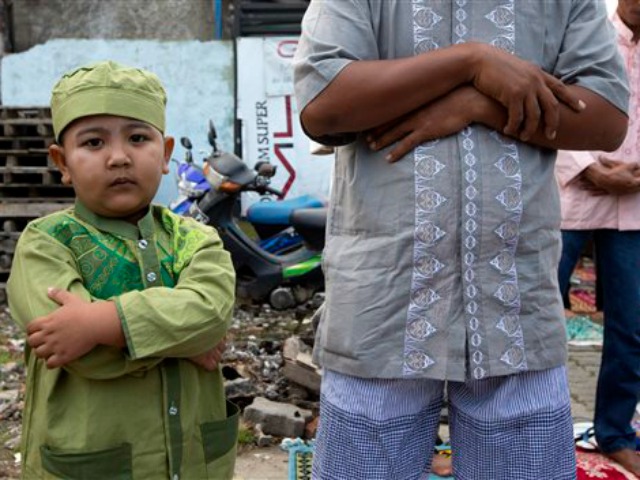From The National Interest:
In places across Indonesia, small collections of political Islamists have “openly pledged their allegiance” to the extremist terrorist group, the Islamic State (IS). One of those who have voiced their support is Abu Bakar Bashir, the founder of the extremist Indonesian terrorist group Jemaah Islamiyah (JI) responsible for the deadly bombings during the 2000s, including the Bali nightclub bombing in 2002, the Marriott bombing in 2003, the Australian Embassy bombing in 2004, the Bali II bombing in 2005, and the Jakarta hotel bombings in 2009. While the spillover of IS into the Asia-Pacific region is unsurprising, this troubling yet under-recognized trend has serious implications for the region as well as the United States.
Southeast Asia’s history of homegrown terrorist groups heighten concerns of IS’ spillover effect. The demographics of the region itself contribute to the fear of a revival of militant Islam–nearly 62% of the world’s Muslim population lives in the Asia-Pacific–Indonesia being the world’s largest Muslim population, with209 million or 87.2% of the population identifying as Muslim. In the case of Indonesia, although the number of Indonesians joining IS abroad is relatively small, the return of these experienced fighters to their homeland is a larger security threat with serious ramifications. These jihadists could “rekindle the domestic terrorist threat by developing new connections with well-funded, armed, and organized jihadi groups in the Middle East,” according to Sri Yunanto, an adviser to Indonesia’s national counterterrorism agency. As president-elect Joko Widodo transitions into office, he must be cognizant of the security threat and act decisively by identifying it among the most important issues of his administration’s policy agenda.
While not much has been reported on IS’ spillover into other Southeast Asian countries, the same causes of concern in Indonesia apply to the rest of the region. With the drawdown of U.S. Joint Special Operations Task Force Philippines, Manila may be more vulnerable to terrorism. Similar to Indonesia, if members of the Moro Islamic Liberation Front (MILF), a Philippine-based Al Qaeda offshoot terrorist group, traveled to Syria or Iraq to fight and returned home, the MILF could be revitalized. Despite a March 2014 agreement ending 45 years of conflict between the Philippine government and the MILF, peace is tenuous. Rogue MILF troops and Islamist militant groups continue to threaten to reignite religious and separatist tensions.
Read the rest of the story here.

COMMENTS
Please let us know if you're having issues with commenting.